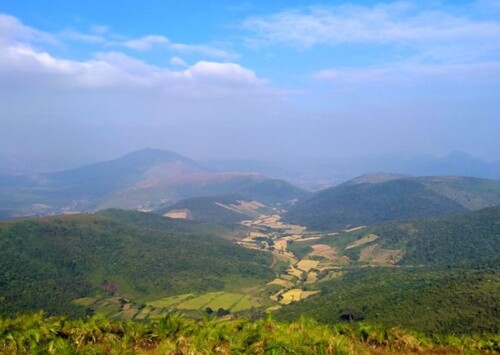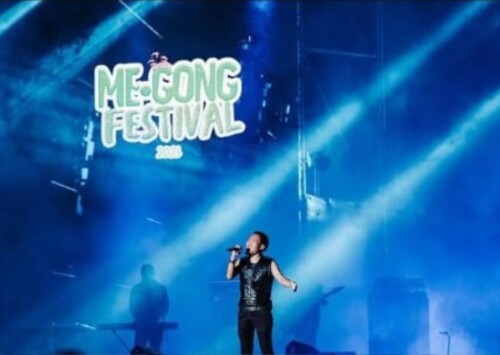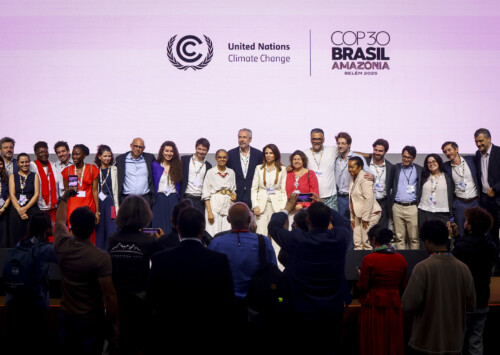Kashmiris call out Modi for his disconnect from people
Visit to Kashmir for rail bridge inauguration draws ire about Modi’s priorities

It took Modi over 10 weeks after the massacre to visit Kashmir and even then it was not to visit Pahalgam, but to Reasi to inaugurate the Chenab Bridge
Prime Minister Narendra Modi’s decision to visit Kashmir for inaugurating a rail bridge but to totally skip the region in the wake of Pahalgam terror attack has riled residents of the union territory who say Modi’s optics indicate a total emotional disconnect with the people of Kashmir.

It took Modi over 10 weeks after the massacre to visit Kashmir and even then it was not to visit Pahalgam, but to Reasi to inaugurate the Chenab Bridge
When Prime Minister Narendra Modi curtailed his visit to Saudi Arabia and returned to India hours after the terror attack in Pahalgam on April 22, that killed 26 tourists, there were widespread expectations that he would immediately rush to Pahalgam in show of solidarity not only with the next of the kin of the tourists, but also the people of Jammu and Kashmir, who have long been estranged from the rest of country.
But instead of heading to Pahalgam, Modi opted to go to Patna in the election-bound Bihar to participate in a political rally.
It took Modi over 10 weeks to visit Kashmir and even then it was not to visit Pahalgam, but to Reasi on June 6 to inaugurate the Chenab Bridge, the world’s highest railway arch bridge.
Days later, Modi also rushed to Ahmedabad within hours of the crash of Air India AI171 that killed over 270 persons, in the aircraft and on the ground. As has been the norm, both the visits were prominently covered by the national media and had the mandatory official photo sessions.
Modi’s choices of visits have left many people in Kashmir disappointed, if not upset about his decision to skip Pahalgam entirely.
“This is certainly a bit disheartening. When the terror attack happened in Pahalgam and tourists were killed, people expected Modi to go there, show solidarity, meet the families of the victims, or at least assess the ground reality. Instead, his focus on visiting the Chenab bridge for a photo shoot and inauguration made many people feel emotionally disconnected. Going to the site of the aircraft crash and taking a photo was a symbolic gesture, and an important one, but when attacks happen in a sensitive area like Kashmir, where people already feel fear and isolation, the PM not visiting the site is seen as a major shortcoming,” Shivendu Singh, a student at Sher-e-Kashmir University of Agricultural Sciences & Technology of Jammu, tells Media India Group.
“Public appearances at events like the Chenab bridge inauguration or military events do send messages about development and safety, but their timing and context do not seem separate from political messaging. It appears that optics have become more of a priority, while emotional connection and ground-level support have diminished,” Singh adds.
The people of Kashmir, who have faced psychological and physical pressure for decades, urge the need for empathy and consistent engagement. They claim that when they see Modi attending high-profile events but not being present during times of tragedy, their trust and sense of belonging are further weakened.
“We know that development is important for our future, and the Chenab bridge is a big achievement. But when something terrible happens in our own backyard, like the Pahalgam attack, we expect our leaders to be with us, to stand with the families who lost their loved ones. Modi’s visit to the Air India crash site was necessary, but his absence from Pahalgam sends a message that maybe our pain is not as important as a new bridge or a photo opportunity. For many of us, it is not just about the security or the projects, it is about feeling that we are part of the country, that our tragedies matter as much as anyone else’s. When leaders come only for big events and not for our sorrows, it makes us feel even more distant,” Arish Qureshi, a local souvenir shop owner in Srinagar, tells Media India Group.









